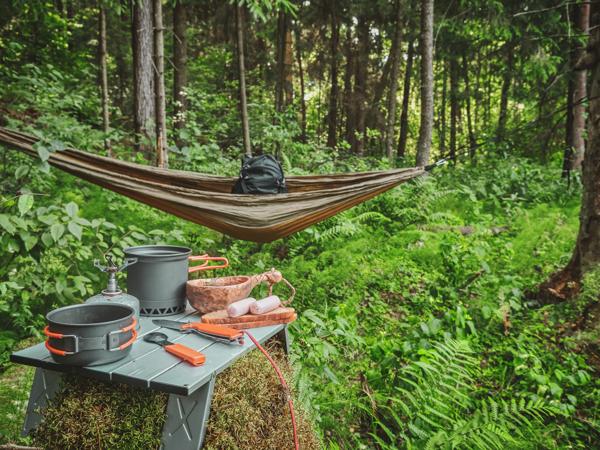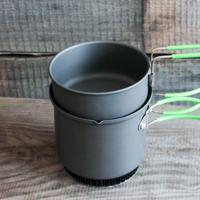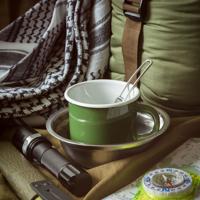Embarking on a camping adventure often means preparing and storing food efficiently. Choosing sustainable food storage containers can help minimize your environmental footprint while maintaining the freshness and safety of your meals. Let’s explore various eco-friendly options to support your sustainable lifestyle on the trail.
Benefits of Sustainable Food Storage
Sustainable food storage solutions offer many benefits beyond reducing waste. They typically feature durable materials, can help keep food fresher for longer, and are free from harmful chemicals often found in conventional plastics. Additionally, choosing reusable containers reduces the need for single-use plastic, contributing positively to the environment.
Types of Sustainable Food Storage Containers
When considering sustainable options, there are several key materials and designs to explore:
1. Stainless Steel Containers
Stainless steel is a popular choice for sustainable campers due to its durability and ability to retain heat or cold. These containers are corrosion-resistant and generally safe for food storage. Many designs come with airtight BPA-free lids, which help keep food fresh without leaching harmful chemicals.
2. Glass Containers
Glass containers are fully recyclable and do not retain food odors or stains, making them a versatile option. They are ideal for preparing meals at home to take on your trip, though they can be heavier. Some glass containers come with silicone sleeves for added protection, which is useful for outdoor adventures.
3. Silicone Bags and Containers
Silicone bags provide a flexible alternative to hard containers. They are made from food-grade, BPA-free silicone, and can withstand extreme temperatures, making them perfect for both storing and reheating food. Additionally, they can be flattened and take up minimal space in your backpack.
4. Biodegradable Materials
Containers made from biodegradable materials like bamboo or plant-based bio-plastics can be a great choice for the environmentally conscious camper. These materials break down faster than traditional plastics when disposed of, lessening their impact on the environment.
Features to Look for in Sustainable Containers
Consider the following features when selecting your sustainable food storage solutions:
- Leak-Proof Lids: Ensure your containers have secure, leak-proof lids to avoid spills, especially in a tightly packed backpack.
- Airtight Seals: Opt for containers with airtight seals to maintain food freshness and prevent odors from escaping.
- Stackability: Space can be limited on camping trips, so look for containers that nest or stack easily.
- Temperature Resistance: Verify that your containers can handle both freezing and heating, increasing their versatility.
Real-World Example: Bee’s Wrap
An example in the realm of sustainable food storage is Bee’s Wrap, a reusable food wrap made from beeswax, organic cotton, jojoba oil, and tree resin. It serves as an alternative to plastic wrap and can be used to cover containers or wrap food directly. It’s known for being both compostable and biodegradable after its usable lifespan.
Caring for Your Sustainable Containers
To ensure longevity and maintain hygiene, proper care of your food storage containers is vital:
- Regular Cleaning: Wash containers with warm water and mild soap, and ensure they dry completely before storing.
- Avoid Harsh Cleaners: Strong detergents can degrade materials like silicone or bamboo, shortening the lifespan of your containers.
- Inspect for Wear: Periodically check for any cracks or damage that might compromise the container’s efficiency.
Choosing the right food storage for camping doesn’t have to be complicated. Take the time to find the alternatives that best suit your needs and values. Whether it’s seamless stainless steel or versatile silicone bags, there’s a sustainable solution out there to make your camping trips both convenient and eco-conscious.




